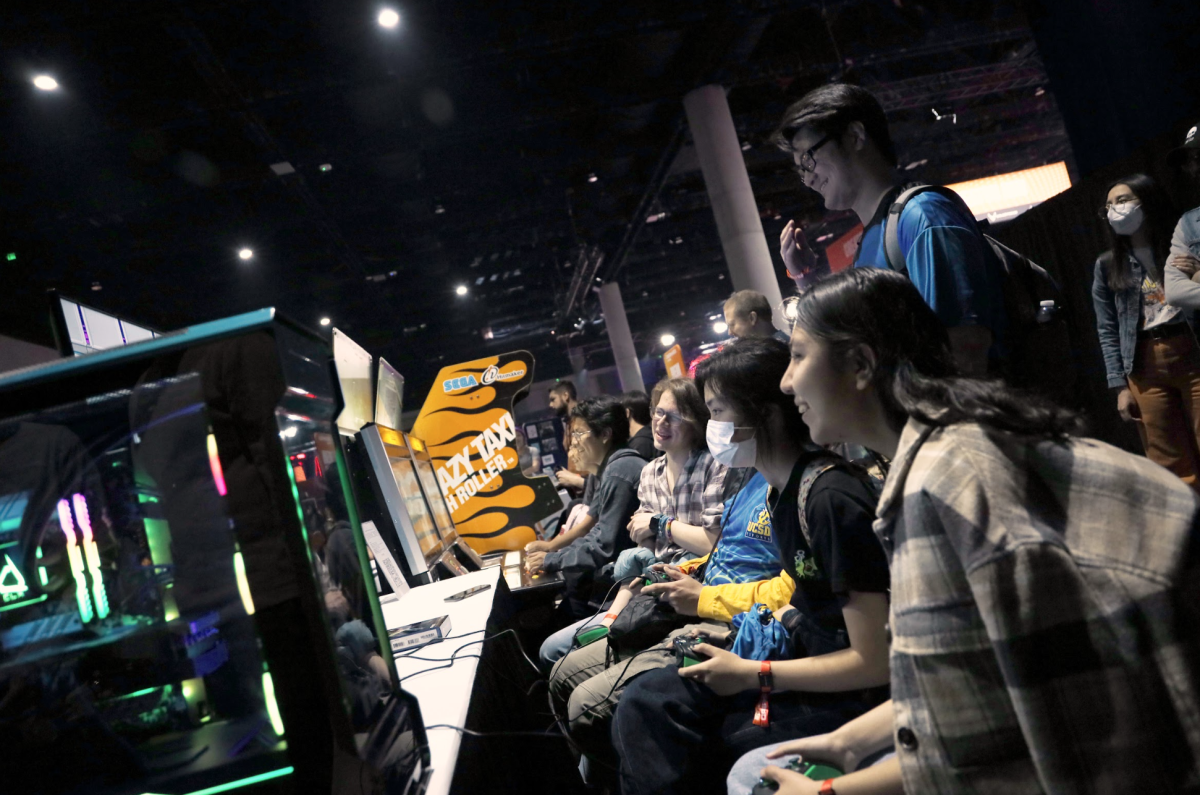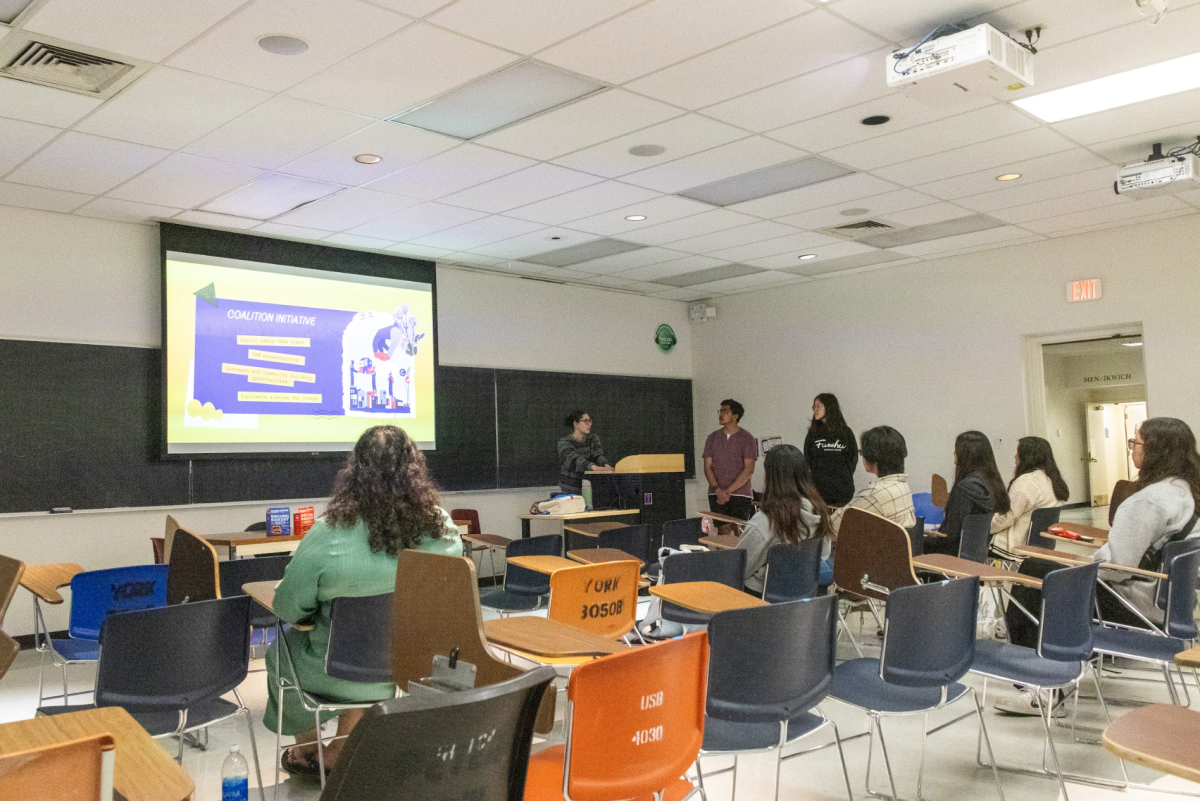A look at how ASCE determines the lineup of artists for UCSD’s most popular music festival.
There has been a well-documented rise in festival culture from when it first started in the 1950’s. Due to social media being such a large presence in pop culture, people are as connected as ever to artists. The establishment of popular music streaming services like Apple Music and Spotify means there is more access to music than what’s offered by CDs or even radio. This strong connection to artists leads people to root for their favorite artists or, at the very least, someone that can perform well.
With UC San Diego being an academically demanding school, a festival like the Sun God Festival is something that students constantly look to as a de-stressor. The pressure of the planning responsibilties lies solely on the staff of Associated Students Concerts and Events Office to deliver a lineup that can give a Coachella-esque experience for students who are either really stressed out or want to hang out with friends without melting in the desert.
One of the people who has to shoulder this load is Nancy Xu, the senior associate vice president of ASCE. Her responsibilities are “spearheading any new projects and working with the directors to ensure that all of [ASCE’s] events are executed in a timely and efficient manner.” Xu and her staff have to compile all of the data from past surveys and the pre-survey that’s given to students early in the fall in order to determine which artists to negotiate with. It isn’t simply one artist that is negotiated with — there are many.
“Our festival’s team members use certain criteria to select artists within our budget,” Xu said. “Then they write a pitch to us for approval. We have had lengthy discussions for every artist we sent offers to, as we recognize the importance of selecting artists that best represent what the student body wants.”
The number of times a certain artist is mentioned matters when choosing which artists will proceed to the next stage. An example of an artist that was very popular in the survey was Joji, a versatile musician who was featured in this year’s Sun God lineup, as he was the “second most-named person in our fall entertainment survey.” Despite this, Xu admits that the survey can miss a certain portion of the student demographic.
The next stage of the process involves a negotiation with the artist and determines whether or not the targeted artist will be able to perform or not. There is a lot of uncertainty — even once artists that fit the budget are chosen — as they can walk away for a lot of reasons, including “where they’re from, whether they’re already on tour, the offer amount, etc.”
“We’ve had some artists walk away from offers due to prior commitments, and we’ve had some artists walk away from offers due to the date of the festival itself,” Xu explained. “We’ve had some easy negotiations that go through on their first try as well as some negotiations that last for weeks. It really varies, and there’s definitely no black-and-white negotiation process we can describe.”
A sense of disappointment creeps in whenever an artist is unable to perform as a lot of time and thought goes into choosing the artists.
Then the lineup is announced. After the “hundreds of names we research” and “the often daily emails and phone calls our team has with agents,” the student body now has access to the official lineup. After a lot of teasing, the students can now either look forward to or complain about the musicians. There are a lot of nerves for the ASCE staff once the lineup is announced because all of their pride and joy is out there for the public to critique.
Read more:
Thank You for Making Art for Us: 10 Years of A.S. Graphic Studio
Stigma and Strippers
The Multi-College System: Overflow Error
Xu described her personal feelings as “both relieved and nervous. There are big expectations that we need to deliver on, and of course we want to be able to make the best decisions for the students. Releasing the lineup and seeing the reactions of hundreds of students is a real, tangible evaluation of the months of work you put in.”
Over the years, there has been criticism over the quality of the most recent lineups. Many students find them lacking in quality, arguing that they don’t compare to lineups in the past, which featured artists like Drake or Khalid. The 2018 lineup in particular, during which the headliner blackbear was substituted last minute for Roy Woods, was met with a lot of criticism and pessimism.
Xu responded to this criticism. “Candidly, it’s easy for students to look up an artist’s ‘quote’ online and say that an artist only costs this certain amount of dollars,” she said.
What they miss, however, is the time relevancy of those quotes — many were posted years earlier, and the quote of an artist increases exponentially over time.
“Artists who have blown up, like Post Malone or Billie Eilish, have significant increases to their quotes on a week-to-week basis. We work directly with college agents of various talent companies and negotiate strongly to ensure that our talent dollars are well spent.”
The prices of these acts are very high, and with the high security budget due to past events such as a student dying of a drug overdose in 2014, there are a lot of limitations that they face early on. This forces ASCE to turn to acts that are more up-and-coming instead of established stars. There is an abundance of variety and potential in these up-and-coming acts, but they can be a hit-or-miss.
Jake Valley, the festivals director, reflected on how the pressure affected him this year. “There is always pressure, especially with Sun God, but with the right research and will to make it great, anything is possible,” he said. “I think we overcame the pressure this year and made a lineup for all tastes in music.”
He shares the weight of responsibility with Xu in regard to making sure the event can maximize its potential. This year did feature more positive feelings from the student body about the lineup and an adjustment in what kind of talent is sought after.
There is little possibility for growth within these positions as the people in charge are constantly being cycled out as they graduate. Xu addresses the fact that “our time in these positions is very intense and very short. It was difficult for me to get in tune with the many different aspects of the festival, and to set a timeline for my staff to complete certain action items, while trying to gather input along the way.”
“This whole process goes by very quickly and it doesn’t allow for experience to build off. It is a very tall task to take on as there are many aspects that go into recruiting the talent and taking care of all the minutia.It’s a process that takes a strong work ethic.”
Although there will soon be someone else in charge of the festival, Xu shared her hopes for the festival going forward.
“I would like to keep seeing the festival keep being revised, and put both safety and programming on the same fronts, prioritizing safety while not losing the essence of the event itself,” she said. “I hope that our process page on the website continues to be developed, and for us to incorporate more and more forms of gathering student input: surveys, town halls, and focus groups.”
It is easy to complain about the event being lackluster at times due to artists that can seem underwhelming, but there is a lot of work that goes into planning the event. Considering the limitations on the budget, all of the responsibilities that people like Xu and Valley have, and the tricky negotiation process, the effort from the people in charge of ASCE is nothing short of impressive. The progress that was made this time around sets hopeful precedent for the future, as the student body’s opinion will carry more weight and deliver an event that can live up to the expectations of its early days.
Photo courtesy of The Guardian.









Jordanval • May 30, 2019 at 5:37 am
Hey What we suffer with here is , an foremostoffer
Are you in?
https://drive.google.com/file/d/1Xn3LXhpMID2yqOClTI9GUF2opTKll2Z4/preview